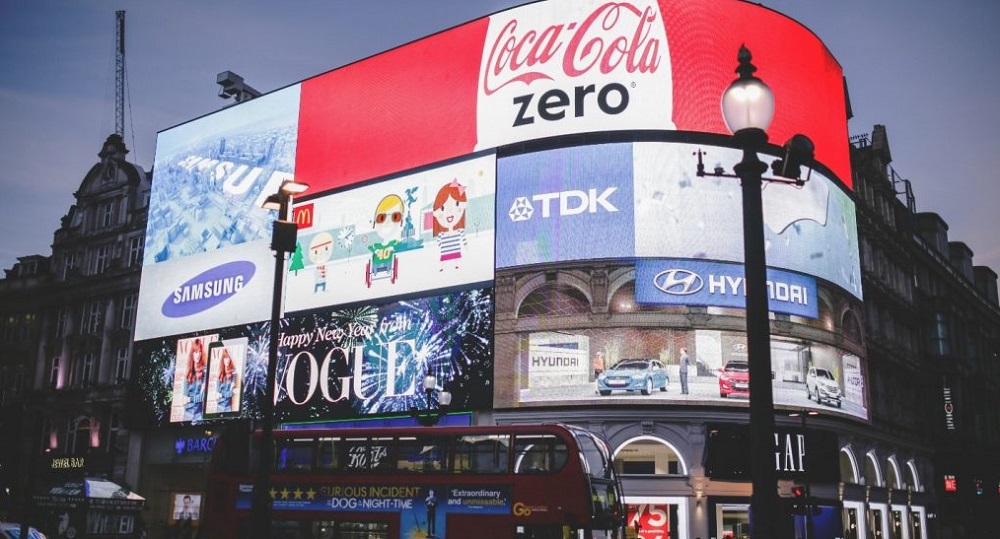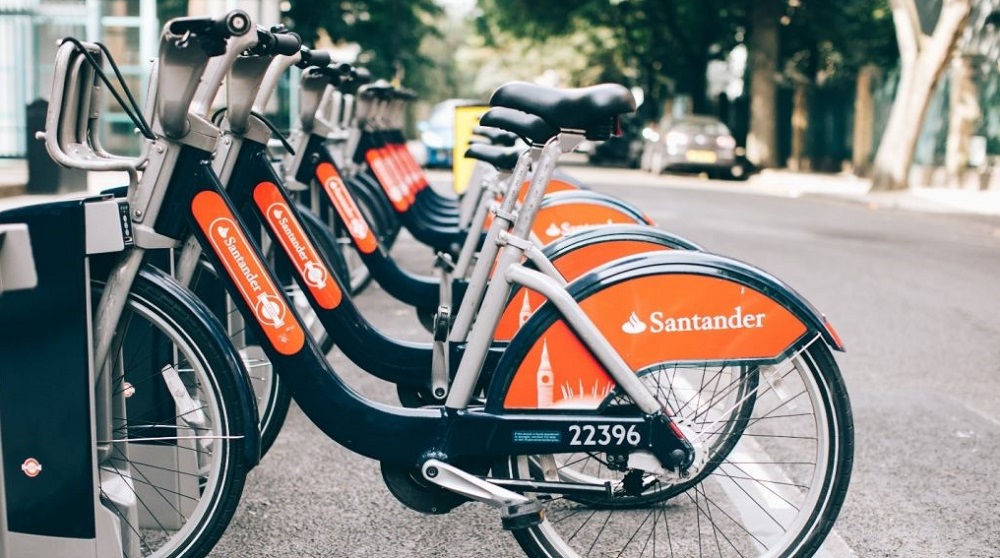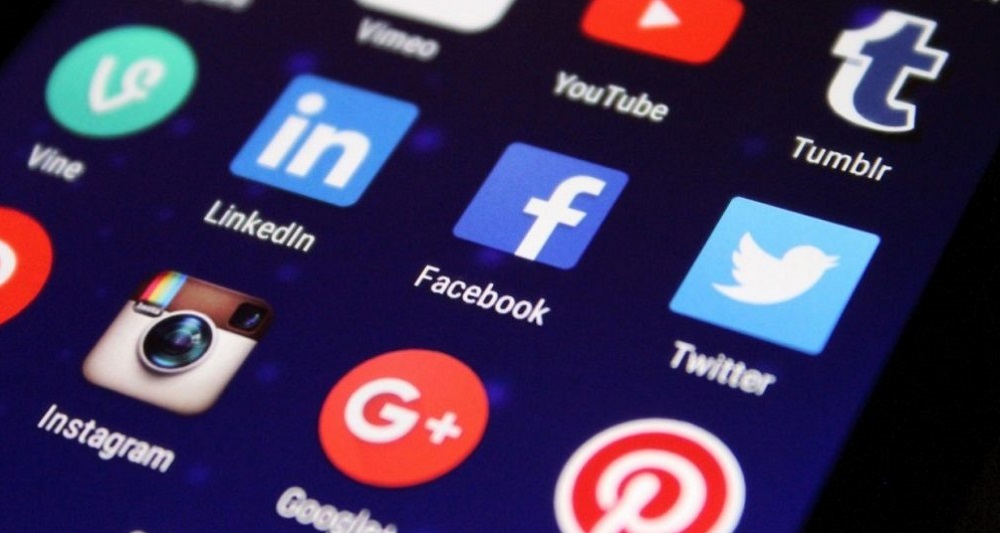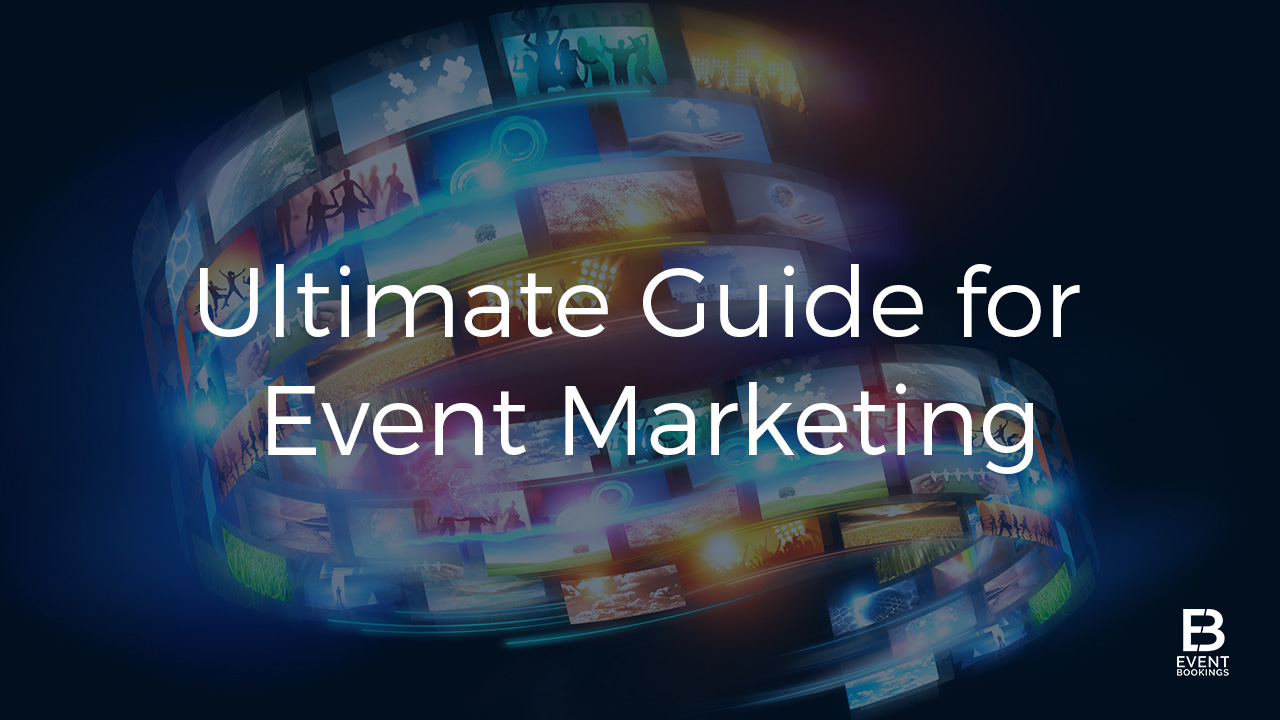Event marketing is one of the most important aspects of event planning. If you don’t get the word out about your event, you’re simply not going to sell a lot of tickets. That’s why event promotion is such a big part of the process and has largely become an industry become an industry unto itself.
Having an event marketing strategy ready can be the difference between failure and success in this event management industry. So it’s important to put some of your time and energy into figuring out how to attract the attention of your event’s target demographic when you’re not thinking about who’s going to MC or what o’dourves are going to be served.
Luckily, we’ve put together event marketing guidelines to guide you through the process and provide you with some valuable tips.
1. Define Your Goals – Specifically
Defining your event marketing goals and event target are the good place to start. Obviously, your aim is to sell tickets to your event. But there are other considerations you should be making.

How many do you want to sell?
Are you trying to use this event to establish a brand?
Will this be a one-off event, or will there be more?
Some typical goals might outline:
# A certain number of attendees
# Relationship building with your peers
# Establish your identity
# Jumpstart other upcoming events by using this as a trailer
The ultimate goal of your event and the volume can help define your event marketing activities and budget.
2. Start Your Marketing Efforts Early
If your event gets maximum exposure and has every chance of generating interest, it has to be hyped for as long as possible. The stats show that there’s usually a bit of a rush the last few days up to an event date, particularly if it’s well-marketed.
This is why event organisers often charge higher ticket prices during this period. But having your event planned and everything arranged early allows you to market it for longer and give you a better chance of having people find out about it.
3. Create Your Branded Event Website
The overwhelming proportion of event tickets are purchased online rather than in person. So, needless to say, having a virtual ticket booth to distribute tickets for your event is an absolute must.

It can also act as a hub for you to provide information and track interest. In some cases, website analytics can give you information about where you might be losing potential attendees in the ticket-buying process.
You’ll need to make sure that your site visitors can easily navigate around your page to find the event they’re interested in and see details about future events. Having a URL also allows you to easily market your event in other places online and easily direct people to your page.
Popular event registration and ticketing platform like EventBookings can assist you to take care of this step smoothly.
Need some cool event ideas? Here are 90+ Event Ideas for you
4. Write Great Content for Your Event
The content on your event page should be written and delivered to attract your target demographic. Don’t underestimate the importance of the tone of your copy with respect to the kind of event your throwing.
Is it fun and silly?
Or are your going with serious and professional tone?
Think about what your target demographic is going to respond to the best.
The content should focus on topics like:
– Event Schedule
– Itinerary
– Features of the event
– Food and drink info
– Guest speaker info
– Testimonials
– Video package highlights prior events to generate buzz
5. Optimise Your Event Site for SEO
Many people may hear about your event via word-of-mouth and offline event marketing. If this is the case, you need to make sure that interested parties can easily find out about your event with a quick Google search.
How well-optimised your event page is to appear in such searches depends on a range of different factors. But if there are a few things you can do to give yourself a good chance:
– Try to put keywords into your content that are relevant to your event
– Make sure your content is engaging, unique and informative
– Add event keywords in the title and meta description
– Set up links to your other pages and other relevant websites if applicable
– If you are not sure how to do or are too busy to manage all these, hire a professional SEO agency on a contractual basis
6. Explore Influencer Opportunities
Influencer marketing is all the rage these days. Nothing quite compares to having a popular influencer give your event their stamp of approval. Having a couple of shout-outs, mentions, and tags can convince their solid base to give your event a chance.

This is not mandatory but can be a powerful tool for certain events. Some prefer to collaborate with influencers well before the event date. Others wait until the end when there tend to be higher levels of last-minute interest. But what determines the ultimate success of such a campaign is carefully choosing influencers that –
a) have access to your target demographic
b) fit in with the kind of event you’re organising
7. Consider Full-On Advertising
So, how do you promote your event offline?
There are plenty of advertising avenues to go down if you have the budget and proper planning.

Some of the offline event promotion options that you might consider include:
– Print
– Signage
– Mobile
– Radio
– Television
– Google AdWord campaign
– PPC online advertising
– Product placement
– Direct mail
– Podcast
– Youtube video marketing
– Local newspaper
– An advertising campaign on social media platforms
8. Write Informative Press Releases
Writing a press release might seem a little old-school, and you might think it’s only appropriate for a special class or event. However, in the social media age, who needs a press release?
Well, there are a few reasons why you should think about writing one or more press releases.
– Press releases incorporate Google alert pickups through keyword entries, which are good for SEO.
– Publishing content in as many places as possible naturally helps to grow awareness
– A well-written press release can spread like wildfire.
– They’re highly cost-effective when considering readership on some press release websites and RSS feeds.
If you are interested, you can get a quick look at How to Write A Press Release for An Event
9. Look into Strategic Sponsorship Opportunities
Partnering up with a sponsor for your event tends to be an option open only to bigger, well-known brands. In this case, the sponsor understands that your event will be big and wants to associate their brand with it.

This is a win-win for both parties, as your event can benefit logistics, financing, outreach, and brand credibility, to name a few. If the option to have brands sponsor your event exists, you should explore it.
Bonus! Check out our Virtual Event Sponsorship Ideas for Your Next Event
10. Run Useful Newsletter Campaigns
Nicely worded, personalised emails about the event can be very effective in spreading awareness. From the event’s inception to the days leading up to it, send out regular emails to keep your base informed, engaged, and interested.
The challenge is creating a subscriber list to which you can ethically send newsletters. This can be tricky and naturally takes time. If your client is an established business or organisation, they may have compiled a list that you can use.
If you have the resources, newsletter marketing is a tried-and-tested marketing tool and a veteran of the game. Use it accordingly.
11. Smartly Utilise Social Media Platforms
There are so many options when it comes to social media event marketing, and this area lends itself greatly to innovation and creativity.

Here are a few of the things you can do to promote an event:
i) Social media has different communities, such as Twitter, Facebook, Reddit, and LinkedIn. Savvy marketers can identify the communities interested in their event and effectively promote it through advertising or less direct means.
ii) Outsource your guests and attendees as drivers for promotion. With incentives such as gifts and discounts in exchange for social media shares and mentions, you can use this X-factor promotional army to get the boost you need.
iii) Tap into the hashtag craze and encourage people to use this reference point for your event.
iv) Incorporate the speakers, sponsors and exhibitors in your campaign. Allowing the world to see your team and enterprise and their participation would give your event the integrity it seeks.
v) There is huge potential for fun competitions and contests. You could have people complete certain tasks or enter into competitions with one another, with winners receiving free tickets or special offers. This certainly requires some outside-the-box thinking and won’t necessarily apply to all event types.
12. Effectively Leverage Client Resources
If your client is having you manage an event, they should contribute to marketing efforts, too. How much they can contribute can vary from case to case, but at the very least, you should be able to use their contacts, customer data and goodwill to get your message out there. Discuss options for clients and opportunities that will present themselves.
13. Use Pricing to Your Advantage
We discussed some event organisers jacking up prices in the last days leading up to the event. However, there are other ways to maximise revenue, such as using price tactics. Let’s have a look at a few options:
1. Early bird—Offer discounts to attendees who register early. This gives you the best chance of selling to those who have discovered your event early on. If the price stays the same throughout and potential attendees know that, they are more likely to put it off and may forget altogether.
Read More: Boost Your Online Ticket Sale with Early Bird Ticketing Strategy
2. Other discounts – Discounts can be offered as the key to other marketing efforts. You may be able to set up a deal with a sponsor, for instance (buy this product and get a discount to this event), or via social media (share our event page and get 10% off. There’s also the option of offering discounts for large group bookings.
3. Late entry—How to deal with ticket prices in the last stages before the event depends on various factors. If your tickets aren’t selling and demand is lower than expected, lowering the price may be the best option to maximise profit. If you’re expecting a sell-out, upping the price can be the way to go.
Read more: How to set ticket prices for your event
14. The Final Stages
This is the excitingly critical phase of the journey. You should be trying to do several things at the same time, including:
> Creating enough enthusiasm to advance last-minute ticket sales by continually pushing new content and interesting promotional methods
> Getting existing ticket buyers even more pumped for the event
We’d usually recommend keeping your promotional activities going or even ramping them up during this period, depending on how ticket sales have gone to this point.

Remember that the marketing should continue once the event date arrives. You can use the event’s success to encourage people to come to future events you may be putting on. Sharing images, videos, and even feedback on the night can be a big help.
15. Conduct Event Analysis
To wrap things up, be sure to collect data from the following:
# Number of attendees
# Networking efficiency
# Social media outreach
# Ads
# Telesales
# Emails
# Promotional contests
# Influencer outreach
# Stakeholders input
# Incentive
# Budget evaluation & ROI
You can use this information to tangibly understand how your input, those from the stakeholders, and other outreach and awareness programs have impacted the results. Use this knowledge to improve your performance for future events and marketing these events.
This simple guide can be a good starting point for your event marketing efforts. Perfecting this area takes time and practice, but with the right tools and a game plan, you can get the results!
For more information, contact EventBookings and discuss how we can help you with the process.
[Image sources: 123rf.com and pexels.com]




